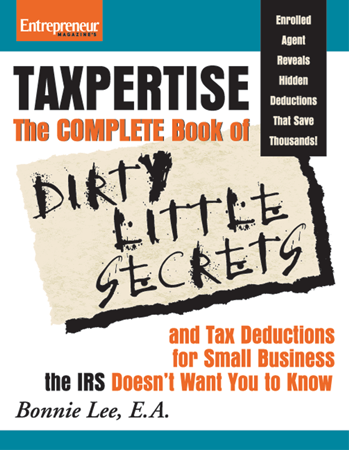Tommy Chong of Cheech and Chong fame, the standup/movie/music icon, has added entrepreneur to his list of achievements. But the businessman is staying in character with the Tommy Chong we have all grown to know and love. It’s all about weed. His new business venture in Colorado is manufacturing two products for distribution: Chong Star, a form of weed high in CBD and THC named after Dancing with the Stars (DWTS) in which Chong was a contestant last season, and “Tommy Chong’s Smoke Swipes” which instantly rid clothes and hair of smoky smells from cigars, cigarettes and cannabis. Chong tells me that Len Goodman, a judge on DWTS and a heavy cigar smoker, swears by the swipes product.
According to Chong, growing, distributing, and selling marijuana for both medicinal and recreational purposes is legal in Colorado as long as the product stays within the state borders. The product is also subject to sales tax which is levied at the dispensary level. Chong believes that levying a sales tax is tax overload on citizens. He says, “We are already taxed to death on everything.”
However, these activities are still illegal at the federal level. Even so, Chong does not fear reprisal from the Feds. He feels that pending court cases on the side of legalizing marijuana and, finally, recognition of its medicinal qualities will soon result in federal legalization of the drug.
Chong credits his remission from prostate cancer to the use of a hemp product under the direction of his naturopath in Canada. He strongly believes in its medicinal qualities. You certainly don’t have the litany of “side effects include…” when it comes to marijuana. “After all,” Chong adds, “The worst thing that can happen if you smoke too much marijuana is that you will regurgitate. This demonstrates that the body is equipped to handle it. When it comes to marijuana, the medical benefits far outweigh these issues.”
Chong adds that government resistance to legalization can also be attributed to their inability to regulate. He states, “You cannot regulate marijuana in the same way you can regulate alcohol because there is no one manufacturing point. It’s a cottage industry.”
The trend toward legalization is also evident with the leniency the IRS has demonstrated the last few years towards the marijuana industry. Previously, business owners were required to report their illegal income without the benefit of taking deductions against it. Things have changed. Beginning in 2011, deductions for cost of goods sold, which are the costs involved in production are allowed on tax returns. Most marijuana farmers are using the “full absorption costing rules” and “unified capitalization rules” to include administrative, overhead and direct costs normally not associated with cost of goods sold. In other words, they are basically writing off every expense. And the IRS is allowing it.
Chong is excited about his new enterprise. Although, he says, “Owning a small business is like doing time in jail. You are dedicated to that business. You don’t have a life. It absorbs all of your time. When I was in jail I had more time to myself than I had on the outside.”
Chong was jailed in 2003 for 9 months for selling marijuana paraphernalia.
Chong is joined by his son Paris and John Paul Cohen, a former Sanwa Bank executive, in his new business. “These guys handle the business end of things. I am not a businessman; I am an artist,” Chong states. It’s his wife Shelby, who he says has the business brains in the family. She has an accounting background. He always heeds her advice.
Chong says the best business advice he’s ever received is to prepay his taxes. “If you pay too much, you get a refund. And you’re not on the red flag list. Because you paid in advance, they’ll likely leave you alone.”
The best advice he has to offer to other entrepreneurs, however, is what he tells his son, “Research, research, research. You need to know habits and trends. There’s no excuse to not know everything you need to know. The knowledge is at your fingertips.”



